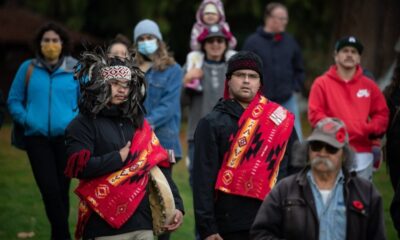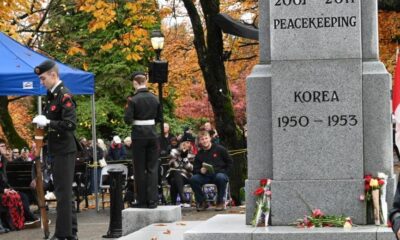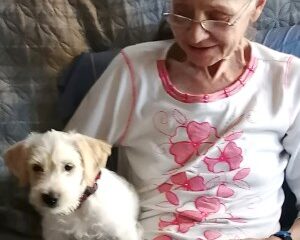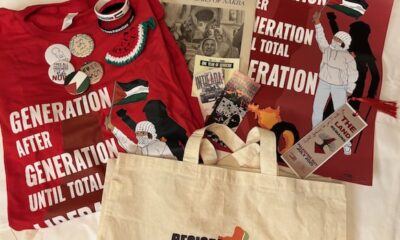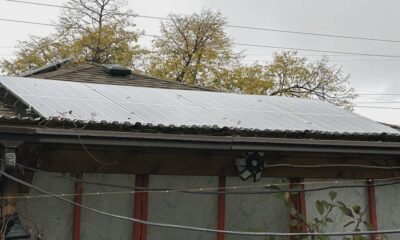Science
Indigenous Veterans Overcome Homefront Struggles After War
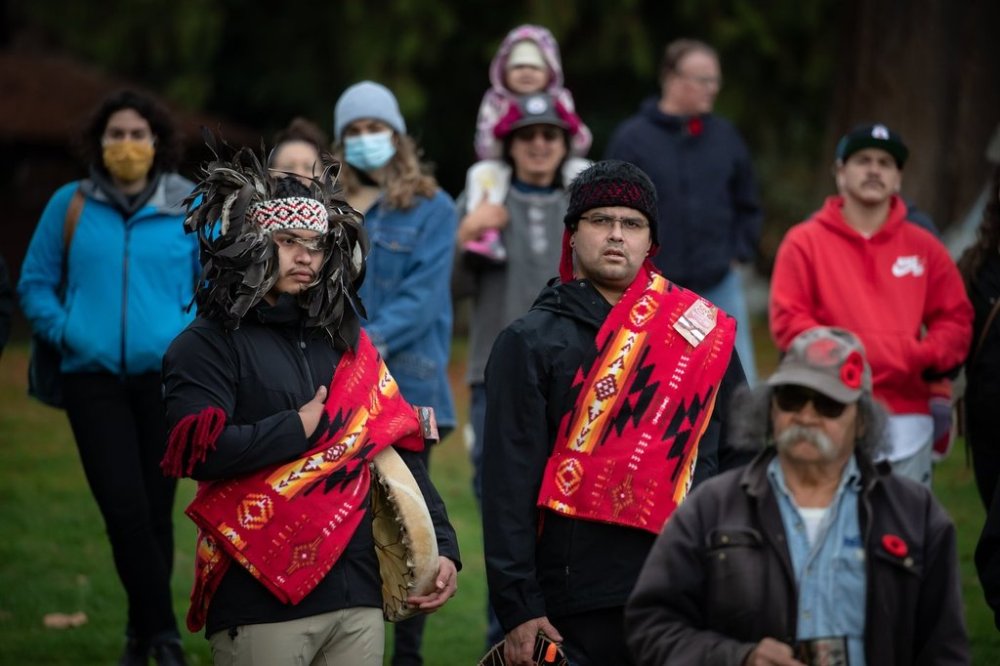
Indigenous veterans have long faced unique challenges both during their service and upon returning home. John Moses, son of former naval and air force member Russell Moses, highlights that his father’s battles continued even after returning from the Korean War. In 1952, Russell was denied entry to a bar in Hagersville, Ontario, due to his Indigenous heritage, an experience that was, unfortunately, all too common.
“That was not unique,” said John Moses, who is a member of the Delaware and Upper Mohawk bands from Six Nations of the Grand River. He himself has a family legacy of military service, being a third-generation member of the Canadian Armed Forces. His father served during the Korean War, while his grandfather, Ted Moses, was a mechanic with the air force during the Second World War. John noted the irony of Indigenous veterans returning home to a Canada where they still faced significant civil and political rights challenges.
Indigenous Veterans Day: A Recognition of Sacrifice
Canada observes Indigenous Veterans Day on November 8, a day dedicated to honoring the contributions of Indigenous soldiers. Historian Scott Sheffield describes this observance as a vital acknowledgment of the wartime experiences that allowed some Indigenous individuals to find a sense of belonging, away from racial discrimination at home. Originally a grassroots initiative in Winnipeg in 1993, Indigenous Veterans Day has gained national recognition, with Sheffield calling it a “logical precursor to Remembrance Day,” which is commemorated on November 11.
Many question why Indigenous people would choose to serve a country that has historically marginalized them. Sheffield explains that motivations varied widely and included adventure and economic opportunity. For some, enlisting was a political statement of belonging within Canadian society. A notable figure is Tommy Prince, one of Canada’s most decorated veterans of World War II. Prince enlisted partly to demonstrate that Indigenous people could serve as effectively as anyone else.
Sheffield notes that the most consistent theme from Indigenous veterans’ experiences is that military service often helped to reduce the prejudice they faced in civilian life. “In a foxhole, you only care about a soldier’s character and whether they have your back,” he said. This camaraderie often diminished upon returning home, as many veterans found their acceptance fleeting.
Unfulfilled Promises and Lasting Impacts
Upon returning from war, many Indigenous veterans expected to be treated with respect and dignity, only to be confronted with the harsh reality of discrimination. Sheffield commented, “They returned home to a Canada where, in many ways, with their uniform off, they were still — in their words — ‘just an Indian again.’” This disillusionment led some veterans to re-enlist in subsequent conflicts like the Korean War in search of that same sense of acceptance.
According to Veterans Affairs Canada, over 4,000 Indigenous individuals served in uniform during World War I, with one in three able-bodied men volunteering. In World War II, more than 3,000 First Nations individuals served, though estimates may be higher as records did not consistently track ethnicity. Sheffield suggests that as many as 4,300 Indigenous soldiers may have participated in the Second World War.
The government has acknowledged the unfair treatment of Indigenous soldiers, noting that many believed their sacrifices would lead to improved rights and standing within Canada. Unfortunately, this has not materialized, resulting in lasting physical and social repercussions for Indigenous veterans and their communities.
In recent years, reconciliation efforts have led to increased recognition of Indigenous veterans. The Last Post Fund Indigenous Initiative, established in March 2019, aims to ensure that no veteran is denied a dignified funeral and burial, including a military gravestone. To date, over 265 grave markers have been ordered, and 24 Indigenous community researchers are actively working to identify unrecognized veterans’ graves.
Floyd Powder, a researcher who served in the Canadian Armed Forces for 32 years before retiring in 2013, focuses on locating graves of Indigenous veterans without headstones. He emphasizes the importance of including Indigenous symbols or languages on these markers, stating, “It shows the family that Veterans Affairs Canada and the Last Post Fund recognizes their service.”
Veterans Affairs Canada has clarified that Indigenous Veterans Day complements rather than replaces Remembrance Day. “It enhances Veterans’ Week commemorations by shining a spotlight on the tremendous history of Indigenous service,” the department stated.
Sheffield concluded that November 8 serves as a powerful reminder of the respect and camaraderie shared among soldiers, both Indigenous and non-Indigenous. As Canada continues its path toward reconciliation, he suggests that this shared history can help foster a future of respectful coexistence.
This article was originally published on November 8, 2025, by The Canadian Press.
-

 World4 months ago
World4 months agoScientists Unearth Ancient Antarctic Ice to Unlock Climate Secrets
-

 Politics2 days ago
Politics2 days agoSecwepemc First Nation Seeks Aboriginal Title Over Kamloops Area
-

 Entertainment4 months ago
Entertainment4 months agoTrump and McCormick to Announce $70 Billion Energy Investments
-

 Lifestyle4 months ago
Lifestyle4 months agoTransLink Launches Food Truck Program to Boost Revenue in Vancouver
-

 Science4 months ago
Science4 months agoFour Astronauts Return to Earth After International Space Station Mission
-

 Technology2 months ago
Technology2 months agoApple Notes Enhances Functionality with Markdown Support in macOS 26
-

 Top Stories4 weeks ago
Top Stories4 weeks agoUrgent Update: Fatal Crash on Highway 99 Claims Life of Pitt Meadows Man
-

 Sports4 months ago
Sports4 months agoSearch Underway for Missing Hunter Amid Hokkaido Bear Emergency
-

 Politics3 months ago
Politics3 months agoUkrainian Tennis Star Elina Svitolina Faces Death Threats Online
-

 Politics4 months ago
Politics4 months agoCarney Engages First Nations Leaders at Development Law Summit
-

 Technology4 months ago
Technology4 months agoFrosthaven Launches Early Access on July 31, 2025
-

 Top Stories2 weeks ago
Top Stories2 weeks agoFamily Remembers Beverley Rowbotham 25 Years After Murder

